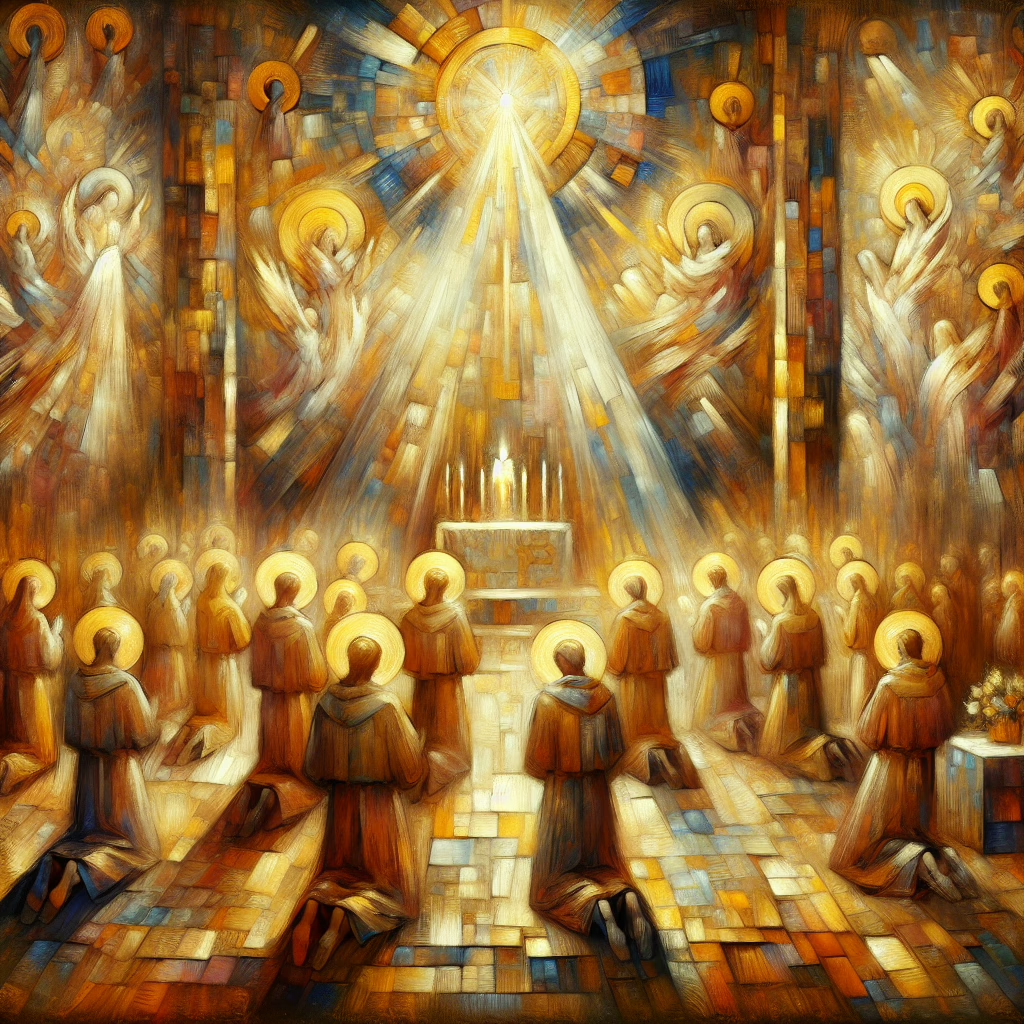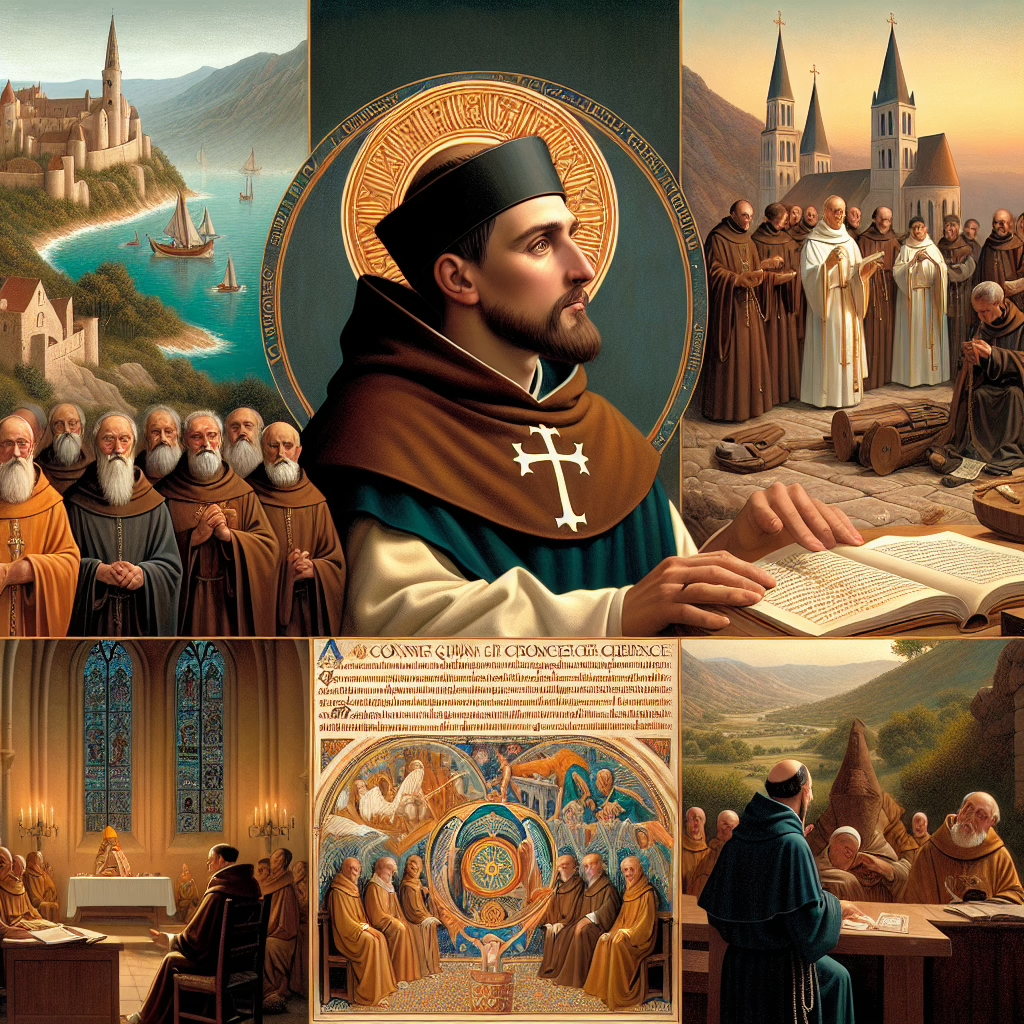Catholic Mysticism: Addressing Protestant Skepticism
Introduction: Understanding the Challenge
The mystery of faith can be profound and elusive—a domain where Catholic mysticism finds its place. Yet, this mystical dimension often meets strong Protestant objections, rooted in differing views on divine revelation. Catholic mysticism can be a point of contention between the Catholic faith, with its rich tradition of mystical encounters, and Protestant skepticism, which often questions the validity of experiences not directly grounded in Scripture.
The crux of this debate stems from historical divergences and theological interpretations. Where Catholics embrace both Scripture and Tradition as channels of truth, many Protestant denominations uphold sola scriptura—the belief that the Bible alone is the ultimate authority in matters of faith. This blog post delves into the Protestant objections concerning Catholic mystical experiences and presents the Catholic response, thoughtfully rooted in both Scripture and Tradition.
1. Objection: Lack of Biblical Precedence for Mystical Experiences
1.1 The Protestant Argument
From a Protestant standpoint, the primary concern with Catholic mystical experiences is their apparent lack of biblical precedence. Protestant objections often center around the principle of sola scriptura, emphasizing the need for all spiritual experiences to be sanctioned by Scripture. The cessationist viewpoint, prevalent among certain Protestant circles, argues that miraculous gifts and mystical insights ceased with the apostolic era. This perspective is wary of subjective mystical experiences, fearing that they may stray from the objective truths of Scripture.
1.2 Catholic Response: Tradition and the Living Word
The Catholic Church, however, upholds that the channels of divine revelation consist of both Scripture and Tradition—twin pillars that enhance and illuminate the living word of God. The Catholic dismissal of sola scriptura draws upon biblical references urging the faithful to uphold oral traditions. For instance, 2 Thessalonians 2:15 advises: "So then, brethren, stand firm and hold to the traditions which you were taught, whether by word of mouth or by letter from us."
Catholics believe that the Holy Spirit continues to act within the Church, guiding mystical experiences that, while not explicitly recorded in Scripture, resonate with the spirit of divine revelation. Dei Verbum beautifully encapsulates this by stating:
"Sacred tradition and Sacred Scripture make up a single sacred deposit of the Word of God, which is entrusted to the Church."
1.3 Supporting Evidence
Historically, the Catholic Church has recognized numerous mystics whose experiences have been validated and revered. Saints like Teresa of Ávila and John of the Cross have offered profound insights into the mystical union with God, contributing to the Church’s understanding.
2. Objection: Risk of Deception in Mystical Encounters
2.1 The Protestant Concern
Another critical Protestant objection involves the potential for deception in mystical encounters. Scripture warns of false spirits and the peril of being misled by deceitful apparitions, echoing concerns about syncretism or theological divergence. Given the subjective nature of these experiences, there is a valid trepidation regarding the reliability of individual discernment.
2.2 Catholic Response: Discernment and Magisterial Authority
In response, the Catholic Church emphasizes the Magisterium's role in discerning and validating mystical experiences. The Church provides a framework, rooted in scriptural foundations, for discerning spirits. As 1 John 4:1 counsels: "Do not believe every spirit, but test the spirits to see whether they are from God."
The Catholic Church meticulously evaluates mystical phenomena through a thorough investigatory process, ensuring alignment with core Gospel teachings. This discernment is integral to Catholic tradition, where the Magisterium acts as a guiding authority to uphold orthodoxy in spiritual matters.
2.3 Supporting Evidence
Historically, approved apparitions and mystical experiences, such as those at Lourdes and Fatima, have undergone rigorous scrutiny. These events demonstrate the Church's cautious approach to claims of divine revelation.
Early Christian communities also employed discernment of spirits, as exemplified in Acts 17:11, where the Bereans are commended for examining Scriptures daily to verify teachings.
For an in-depth understanding of the Magisterium’s authority, explore this Link: Role of Magisterium.
3. Conclusion: Harmonizing Mystical Experiences and Theological Principles
In summarizing this dialogue, we recognize the core tensions between Protestant objections and Catholic affirmations of mystical experiences. The Catholic Church holds that a balanced approach cherishes both Scripture and mysticism as conduits of divine encounter. By embracing a nuanced view of divine revelation, Catholics find unity between the supernatural and the scriptural under the Church's prudent guidance.
Deepening one’s understanding is encouraged, inviting a thoughtful engagement with the rich traditions of both Catholicism and Protestant Christianity. To further explore these teachings, consult works of the Church Fathers and the Catechism of the Catholic Church.
In this exploration of faith, let us open our hearts to the mysteries awaiting those who seek with both reason and devotion.






Leave a Reply